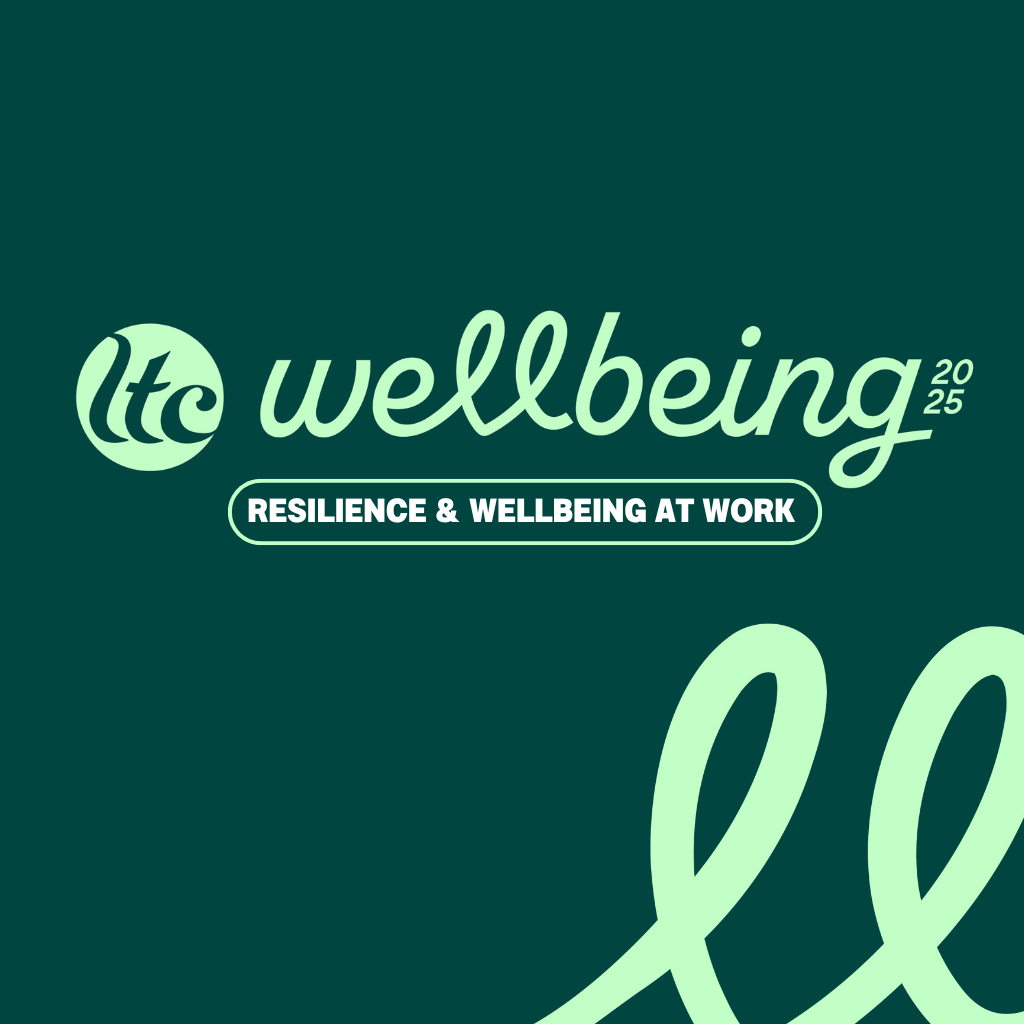Ask yourself these five questions:
- What are you good at?
- What skills do you have?
- What do you really like doing?
- What is your current role?
- Do you want to continue in your career path or consider a new one?
Make a list
Write down all the skills you gained in previous jobs, including ‘soft’ skills. Soft skills are completely transferrable from one job to the next, such as:
- Ability to communicate effectively with other people.
- Excellent customer service skills
- Working well as part of a team
- Having good time management
- Being able to work well under pressure
Try to have a flexible approach towards the type of job you want to target. If you’ve only identified one particular type of job that you think you’re suitable for, then focus on the types of companies you’d like to represent as an employee. List these companies, then search on the career pages of their website to view suitable positions and available opportunities.
If you lack the skills you need for a job that you’re particularly interested in, think about how you could develop those skills. Consider enrolling for any relevant courses or workshops (search for online courses and training via the National Careers Service website or call 0800 100 900). If you’re disabled and unemployed, you can apply for residential training courses.
Volunteering whilst looking for a new job
If you are in the position to do so, getting some work experience by volunteering is a great way to boost your confidence and expand on your communication skills, whilst looking for your next job opportunity. Plus, it looks great on a CV! You can find volunteering opportunities at Do-it and Volunteering Matters. Alternatively, visit a Volunteer Centre in person and find your local centre online.
Job boards
Register with industry-relevant job boards and sign up for job alerts and let the job boards do the work for you. Doing so means you’ll automatically receive a notification when a job becomes available in your area and job criteria. Hospitalityjobsuk.com is a hospitality-specific job board, advertising roles for pubs, bars and breweries across the UK. Generalist job boards include Reed and Monster. You can also use the Job Centre nationwide job board platform Universal Job Match.
Social media
Social media platforms are useful tools to find and follow potential employers:
Companies use these channels to broadcast their latest company and industry news and promote available jobs and opportunities. If you do use social media to find work opportunities, ensure your online profile doesn’t do your job prospects damage.
Ensure your LinkedIn profile represents you and what you do in a professional capacity.
Check your privacy settings on Facebook and Twitter to avoid embarrassing photos and comments being seen by potential employers * Think carefully about what you post or tweet.
Recruitment agencies
Registering with recruitment agencies can give you access to jobs that aren’t advertised anywhere else. Some agencies specialise in particular sectors, so it is advisable to target agencies that recruit and advertise the type of job you want to find.
Where possible, sign up with several agencies – consider joining local and national recruiters to get access to the highest possible number of available jobs. Once you’ve signed up, keep in touch with your recruitment consultant every week, which can remind them that you’re keen and ready to find a job.
Recruitment agencies also have websites where you can search for jobs yourself, some of which allow you to upload your CV. Where possible, arrange an initial meeting to register your details with the agency in person. A face-to-face meeting can help you to explain your situation in more detail and start to build a relationship with your consultant. During this meeting give your consultant as much information about yourself, the type of job you’re looking for and your desired salary. It will also help to showcase your personality. Please note that reputable recruitment agencies will never request fees upfront or ask for your bank details, so ensure you avoid all recruitment agencies that ask for payment or bank information.
Approach companies directly
Approaching companies directly is a great way to find your next job.
- Identify companies that you’d like to work for, and those you feel can offer you career support and development.
- Visit their website and look at their career page.
- Try to learn the names of the best people in those companies to approach.
- Send them your CV with a covering letter
Even if a suitable vacancy isn’t available at that time, you never know what might arise for you in the future.
Networking can also help uncover unadvertised job vacancies, as many positions are filled by word of mouth.
Some companies pay bonuses to employees who introduce new members of staff, so make sure your working friends and relatives know you’re in the market for a job. They could end up benefitting too!
Not everyone’s a natural networker and you may feel a little awkward at first. But try to be positive and
not pushy. You never know when you may meet someone who could become a good source of job leads.
Keep an eye on trade publications which will keep you informed about the industry and potentially new job roles. If you do get an interview through this source, it demonstrates that you’re knowledgeable about that market. Trade press also showcases companies that are expanding – which can often mean they are looking to hire new employees.
Don’t give up
The longer you are looking for a job, it can start to become demoralising and negative. Try to stay upbeat by staying focused and sticking to a routine, especially if you’re not working. Put aside some hours each day to do your job searching, online or otherwise. Schedule some time to get some exercise, as physical activity can help you keep motivated and can prevent low moods. Also, try to eat healthy and get plenty of sleep.
Another effective way of staying positive while looking for a job is to try to surround yourself with people
who inspire you and who have a constructive impact on you. Avoid negative people, and remember that you have a better chance of securing a job when you stay cheerful. If your confidence has taken a blow, make a list of your achievements, both professional and personal – then read it back whenever you feel low.
Support from the Licensed Trade Charity
LTC is committed to providing support to those in the licensed trade. If you are dealing with housing issues or other challenges, our helpline is available 24/7 for confidential, free support. Contact us at 0808 801 0550 or email enquiries@ltcharity.org.uk.
Other sources of information
gov.uk: Finding a job
Further information includes access to work, benefits and your rights when looking for a job.
https://www.gov.uk/browse/working/finding-job
National Careers Service
Advice on choosing or changing career, including personalised help from career advisers.
https://nationalcareers.service.gov.uk/

















